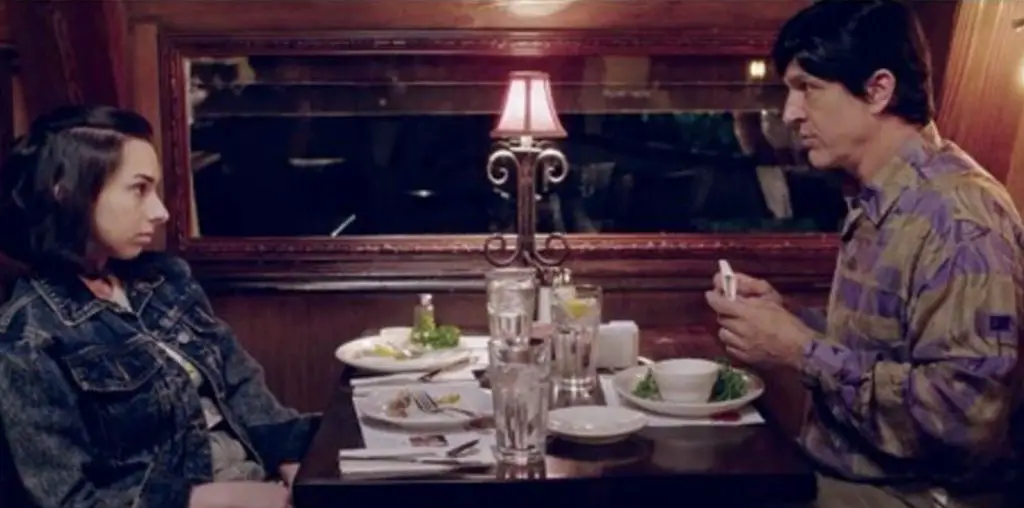
Debbie Peagler is not contesting the facts of her case. She admits to planning the assassination of her boyfriend. But it’s not that simple. Peagler only agreed to be a part of the murder of her boyfriend after years of forced prostitution and abuse. Recently in California, legislation has been passed that allows victims of domestic abuse currently living within the prison system to appeal their cases based on their suffered abuse. Assigned two pro bono lawyers, Peagler attempts to benefit from this legislation and finally go home to her children and family after over 20 years.
But, of course, nothing goes quite as planned, and what was viewed initially as a pretty simple case (due to the circumstances, Peagler should have gotten 6 years for manslaughter. In other words, time served) becomes a circus of politicians trying to save their own a***s. Peagler’s case becomes a perfect example for why the system is broken.
As a story, Crime After Crime is compelling. The real star of the film, lawyer Joshua Safran is a great dramatic hero, fighting for Peagler at the expense of hours of his time. Peagler herself is a fascinating subject who inspires all the sympathy director Yoav Potash assigns her.
As a film, however, Crime After Crime is really nothing special. Some moments of maudlin sentimentality spoil an otherwise thought provoking study. Potash doesn’t seem to know when to cut back, perhaps substituting quiet contemplation for some cheesy, tearful shots. The desire of the filmmaker may be pure, but the method comes across as contrived.
